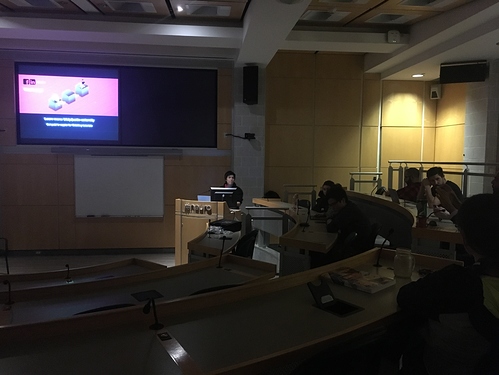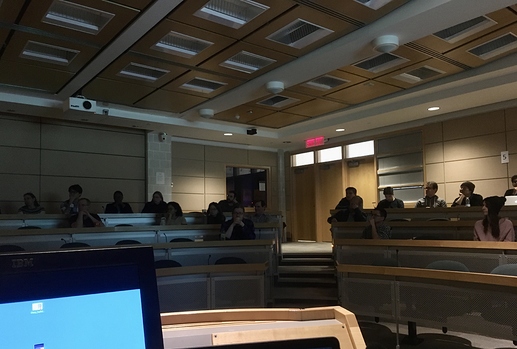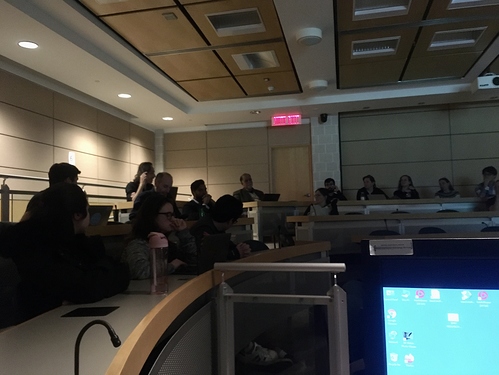I presented æternity to my organization specifically with a focus on: how can æternity as a blockchain 3.0 platform solve open data challenges?
Here are the other topics I covered before approaching the aforementioned focus of the session:
What is Bitcoin?
What is a blockchain?
Why? Some background & history - fiat money system
How does it all work? Protocol, transactions, mining, etc
Advantages & Challenges
General blockchain use cases
dApps structure, attributes, use cases
Blockhain 1.0 vs 2.0 vs 3.0
æternity Sophia smart contracting, scalability, state channels, and oracles
The audience was really engaged with questions such as (in no particular order):
Can governments or malicious actors interfere/stop the efforts of blockchains?
Ethereum vs æternity?
Can we link research papers to other research papers and gauge the credibility of discoveries?
Can blockchains be compared to a linked list?
Private blockchains vs public blockchains?
Can the maximum supply be changed?
Could the minimum be tracking the DOI aspect?
The viability of using æternity to help solve challenges faced by open data seems plausible from our discussion amongst the experts in this field. Through the use of smart contracts and oracles, we can handle provenance, reproducibility, DOI, access to data, a feedback system, and charge fees. The big obvious issues that we have to think about, apart from the technical challenges, are how to handle big data and how to tackle issue with ordinary researchers who are really not technical at all to use such a complex system.


